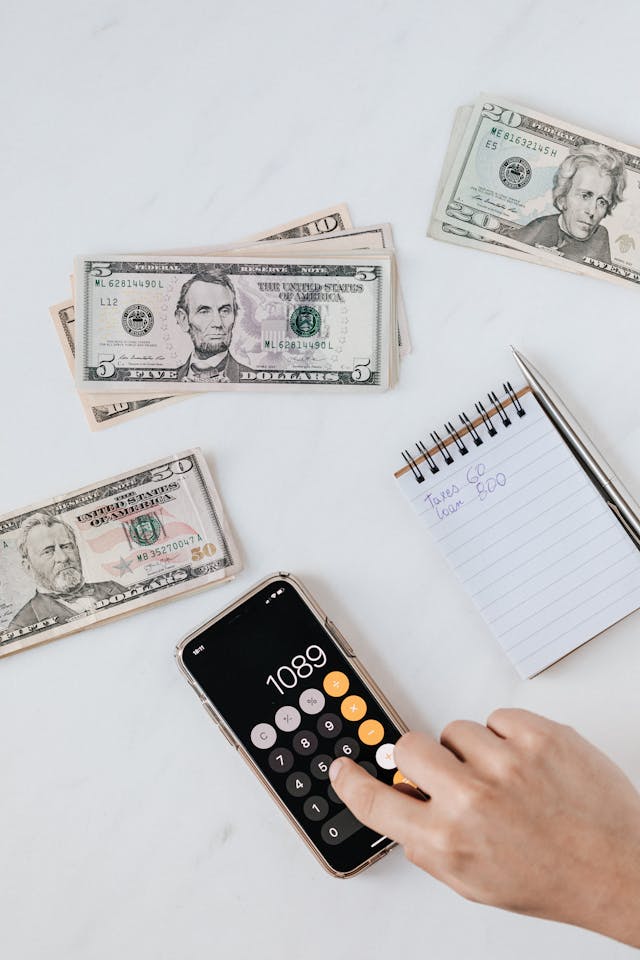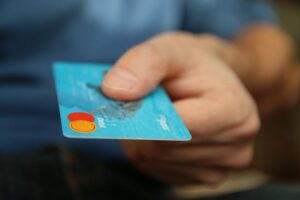What Are the Best Ways to Exchange Currency Abroad?
Traveling abroad is an exciting experience, but one thing that often gets overlooked is exchanging currency. Getting the best value for your money while avoiding unnecessary fees is essential for making your trip smoother and more budget-friendly. Whether you’re planning a short getaway or a long-term stay, here are the best ways to exchange currency abroad and maximize your spending power.

1. Use ATMs in Your Destination Country
One of the easiest and most efficient ways to get foreign currency is by withdrawing cash from ATMs once you arrive. Here’s why this option stands out:
- Competitive Exchange Rates: ATMs often provide better rates than currency exchange services at airports or hotels.
- Convenience: ATMs are widely available, especially in urban areas.
- Direct Access to Local Currency: You can withdraw exactly what you need in the local currency, avoiding large exchanges upfront.
Pro Tip: Notify your bank of your travel plans to avoid your card being blocked for suspicious activity. Also, check if your bank has partnerships with international banks to minimize withdrawal fees.
2. Exchange Money at Local Banks
Local banks in your destination country often offer fair exchange rates with lower fees compared to currency exchange counters. Banks are generally reliable, making them a safe choice for exchanging currency.
- Advantages:
- Transparent rates
- Secure transactions
- Challenges:
- Limited operating hours
- May require identification
Tip: Avoid peak hours and carry your passport as some banks require it for currency exchanges.
3. Use Currency Exchange Offices Wisely
Currency exchange offices, also known as forex bureaus, are another option. These are often found in airports, tourist hotspots, and city centers.
- Pros:
- Quick and straightforward process
- No need for a bank account
- Cons:
- Higher fees, especially in tourist-heavy areas
- Rates may not be as competitive
Advice: Compare rates at different locations before committing to an exchange. Avoid airport exchange counters unless you’re in urgent need of cash.
4. Pre-Load a Multi-Currency Travel Card
Travel cards allow you to load money in multiple currencies before you leave. These prepaid cards are gaining popularity for their convenience and cost-effectiveness.
- Benefits:
- Lock in exchange rates before your trip
- Avoid foreign transaction fees
- Safe alternative to carrying cash
Best For: Travelers visiting multiple countries or staying for extended periods. Ensure the card provider offers favorable exchange rates and low reloading fees.
5. Pay Directly With Credit or Debit Cards
Using your credit or debit card for purchases is another hassle-free way to handle expenses abroad. However, it’s essential to understand your card’s policies:
- Look for Cards With No Foreign Transaction Fees: Many cards charge an additional fee (often 1-3%) for international transactions, so choose a card designed for travel.
- Dynamic Currency Conversion: Merchants may offer to charge you in your home currency instead of the local one. Always opt to pay in the local currency for better rates.
Warning: Be cautious when using your card at unfamiliar establishments to avoid skimming or fraud.
6. Plan Ahead and Exchange at Home
If you prefer to avoid the stress of searching for exchange options abroad, exchange some money before you leave.
- Advantages:
- Peace of mind upon arrival
- Familiar environment for transactions
- Drawbacks:
- Rates may not be as competitive as those at your destination
Check with your local bank or trusted forex services for rates and fees.
7. Avoid Traveler’s Checks
Traveler’s checks, once a staple for international travel, have largely fallen out of favor due to their inconvenience and declining acceptance.
- Why to Avoid:
- Limited usability
- High fees and less competitive rates
Stick to modern alternatives like cards and ATMs for greater flexibility.
Key Tips to Save Money While Exchanging Currency
- Compare Rates and Fees: Always check the rates and fees from multiple sources before making an exchange.
- Avoid Airport Exchanges: These are often the most expensive options.
- Carry Small Denominations: Having smaller bills makes transactions easier, especially in local markets or for tipping.
- Keep Emergency Cash: Carry a small amount of U.S. dollars or euros, as they’re widely accepted in emergencies.
Conclusion
Exchanging currency abroad doesn’t have to be complicated or expensive. The best method depends on your travel style, destination, and spending habits. Whether you use ATMs, prepaid travel cards, or exchange at local banks, planning ahead and understanding your options will ensure you get the most out of your money.
By taking the time to research and prepare, you can focus less on fees and more on enjoying your journey. Safe travels!





